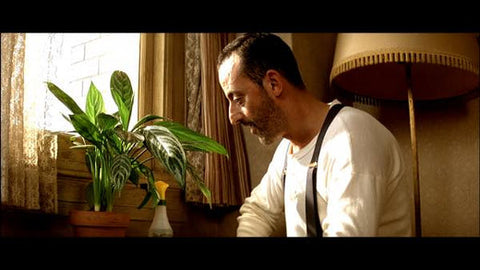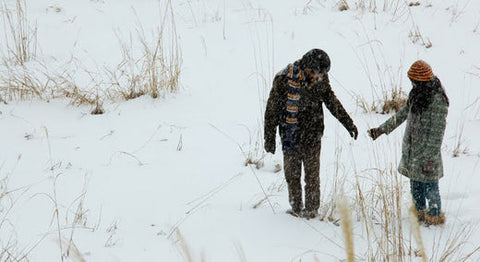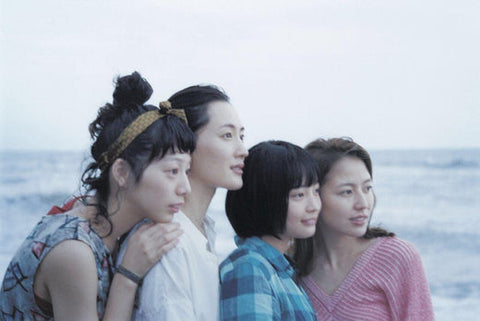
These past two days, I’ve been in China on a semi-business trip, where I met a most extraordinary woman.
The first time I saw her was in the car. She wore a mustard-yellow dress, black heels, and carried a designer handbag. Behind her sunglasses, her face was partially obscured, but I could make out faint freckles on her skin. She looked to be in her fifties.
I already knew she was the wife of a prominent property developer in mainland China, so I assumed she’d have the air of someone who looks down on the world—a typical wealthy matriarch. But the first thing she said was, “My daughter admires you so much,” her shy smile softening her entire demeanour, almost like a young girl’s.
At first, I engaged in conversation out of politeness, but she opened up to me so honestly that I found myself drawn in. Most of what she shared was about her son, her daughter, and the rhythms of her daily life. “I went to bed really late last night,” she said. “I was chatting on the phone with my girlfriends, and it was so much fun.” Her words were refreshingly direct, unpolished. Perhaps it had to do with her lack of formal education growing up.
On the flight, she gazed out of the window, her eyes distant, as though lost in thought. When we landed and everyone stood to disembark, she suddenly realised it was time to move. She fumbled with her seatbelt, rushing to catch up with us.
She loves trees. At one school we visited, she saw an old camphor tree and immediately asked, “How old is that tree?” Then, spotting another that wasn’t thriving, she sighed with concern, “Oh no, what’s wrong with this one?” She told me she believes trees have spirits. There was once a man whose job was cutting down trees, she said, and he was eventually crushed to death by one. A developer with such reverence for nature—she was the first I’d ever encountered.
I told her I liked trees too, sharing how I’d once taken a university course specifically about trees. The professor looked at trees with the same tenderness she did. I mentioned a story by Ba Jin, The Birds’ Paradise, which describes a large banyan tree on an island in Guangzhou, home to countless birds. “Where is it?” she asked, her interest genuine. Besides a painter I once knew, she’s the only person who’s ever cared about such things.
Later, she took me to her home, showing me around every floor, including the rooms of her three children and the plants and vegetables she tended to. By the entrance, there was a pot with a small tree, just over a metre tall. She explained that they’d planted it on the day her son was born. Now, the tree was eighteen years old. Every time they moved house, they brought the tree with them. Her son is now studying in Hong Kong, leaving the tree behind to keep them company.
As I listened, my eyes began to sting. This so-called powerful woman of the business world wanted nothing more than a complete family. Yet the irony was painfully clear—building homes for others was effortless for her, but having her own family under one roof was beyond her control.
I thought of Léon: The Professional and Léon’s potted plant. It was his closest companion and later became Matilda’s as well. That image of the two of them walking down the street with the plant became an iconic poster. What moved me most, though, was the scene where Matilda plants the pot in the ground. It felt like a burial for Léon, yet also a reflection of what Léon had said: “I wanna be happy, sleep in a bed, have roots.” That moment symbolised both death and life, an ending and a beginning.
“I think we’ll be okay here, Léon.”
I wouldn’t be surprised if Alt-J are fans of the film too. They’ve written two songs, Léon and Matilda, and someone even made a beautiful unofficial music video for Matilda using scenes from the film. It’s remarkable.


